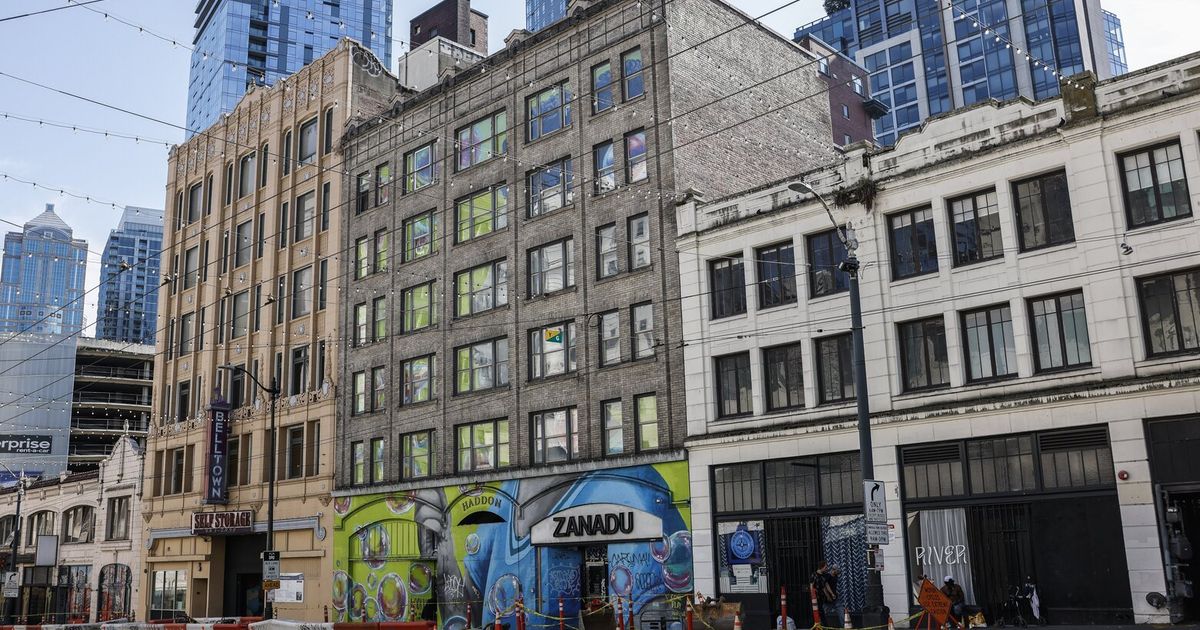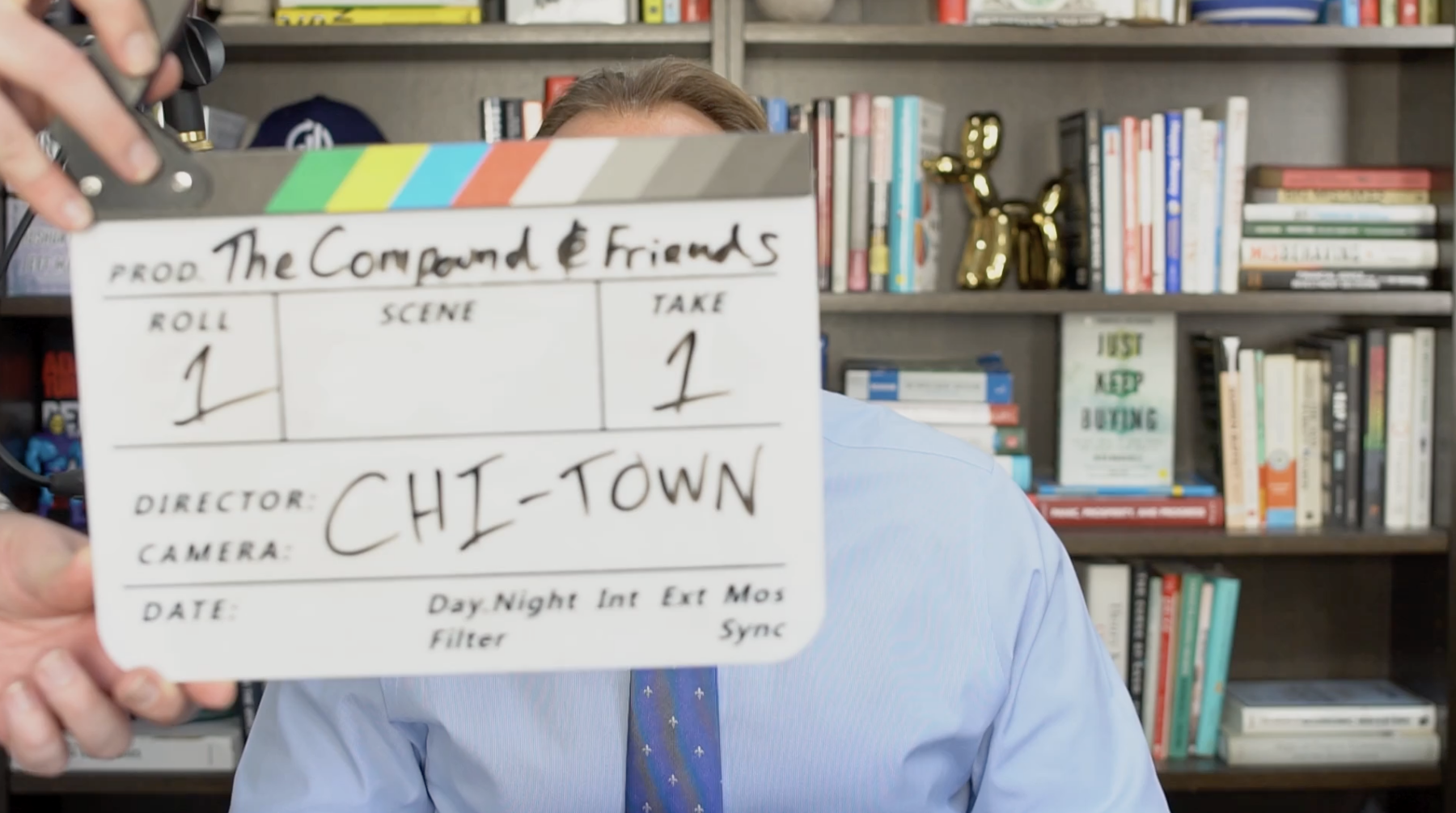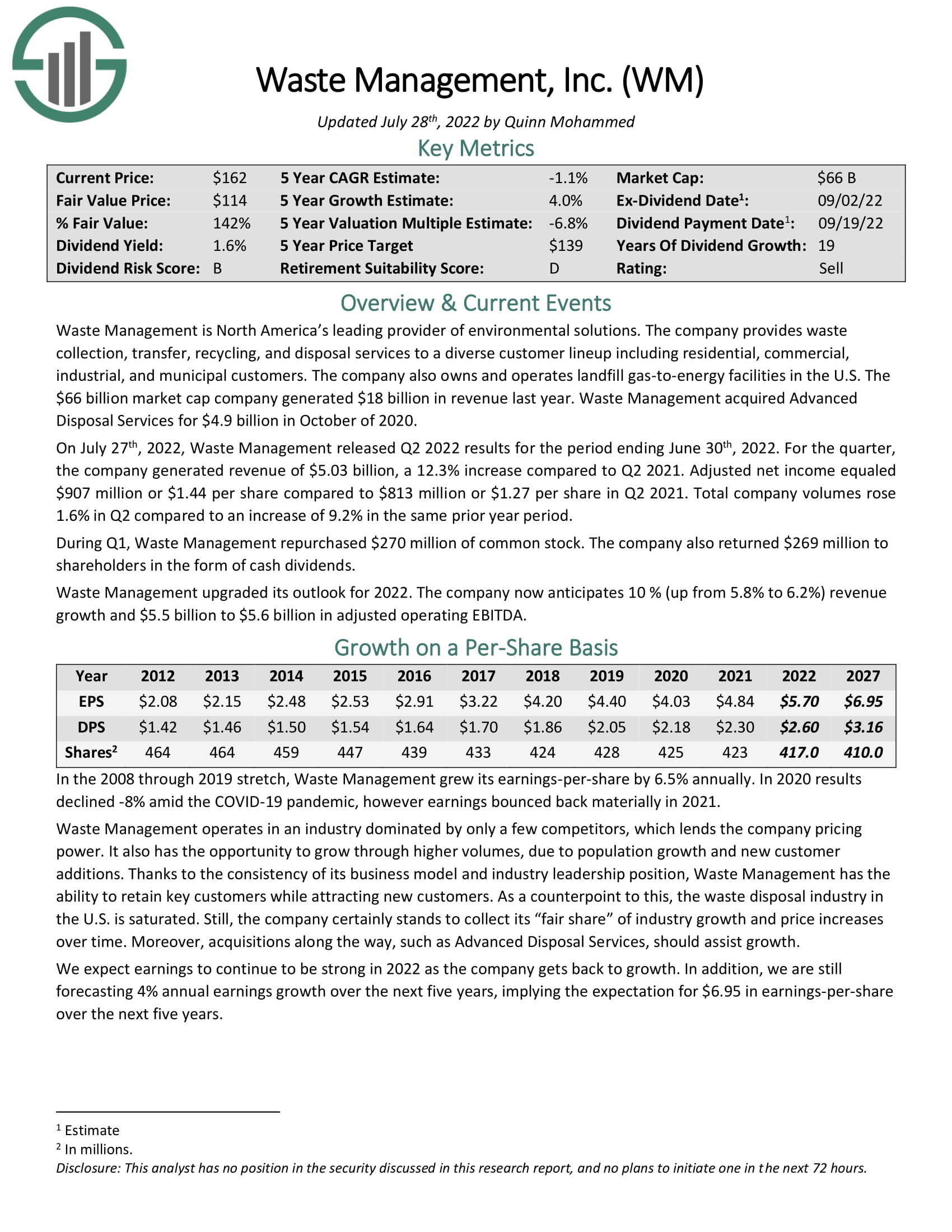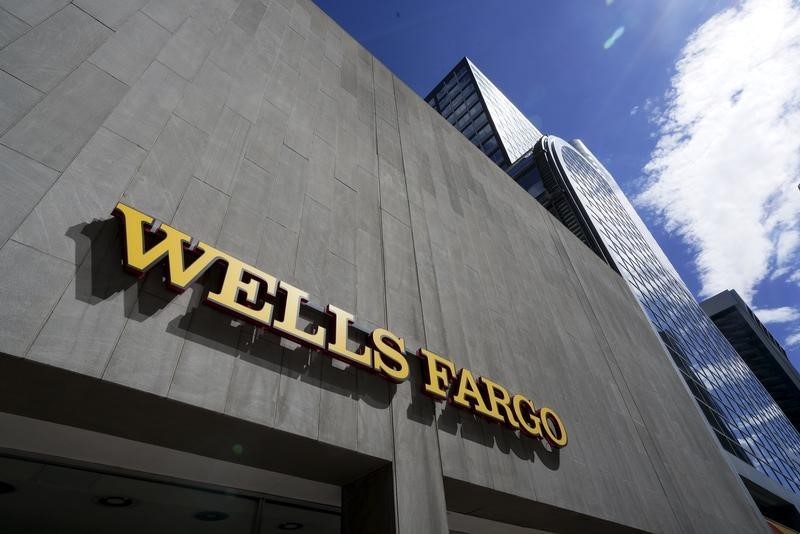On the 30th of January, the crew at Ballard Oil sold the last 9,572 gallons of the company’s diesel to a 100-foot Alaska-bound trawler, switched off the pumps and officially shut down one of Seattle’s oldest family-owned maritime businesses.
Since 1937, Ballard Oil had been a fixture on the Lake Washington Ship Canal just east of the locks, providing fuel, lubricants and a few parts to Seattle’s commercial fishing boats, tugs and other vessels.
Warren Aakervik Jr., 79, the second of four generations to run the company, cites a long list of reasons for the closure. Among them, costly regulations, rising taxes, a shortage of workers, a dwindling customer base and, most famously, the possibility that the city of Seattle might run the Burke-Gilman Trail though Aakervik’s industrial backyard.
“It’s death by a thousand cuts,” says Aakervik as he stands with his grandson, Brandon Millard, on the company’s now-deserted fueling dock. “You keep on, keep on, keep on — and then finally, you just say, ‘Why am I beating my head against the wall?’”
Late last year, Millard, 31, who has run Ballard Oil since 2021, decided to sell the company’s home heating-oil business. In late January, he decided to close the marine fueling operation.
Ballard’s exit leaves returning boats with just two big fueling operations in Seattle — Covich-Williams, a few blocks away off Shilshole Avenue Northwest, and Maxum Petroleum, on Harbor Island.
It also adds to a string of losses in Seattle’s freshwater marine industry, including the Foss Maritime yard, the Jensen Motorboat Co., Vic Franck’s Boat Co. and Dunato’s Boatyard.
For commercial fishermen in particular, Ballard Oil’s closure is yet another reason for vessel operators “to look at other places that are more cost-effective for them to operate,” says Chad See, executive director of the Seattle-based Freezer Longline Coalition, whose members fish cod in the Bering Sea, Aleutians and Gulf of Alaska.
Not all Seattleites will be sad to see the back of Ballard Oil.
Many in the bicycling community resent the role the company has played in delaying a decadeslong effort to complete the Burke-Gilman Trail.
Ballard Oil is part of the Ballard Coalition, a business and labor group that has repeatedly sued to block city plans to connect two sections of the trail via a 1.4-mile route — the so-called Missing Link — through Ballard’s remaining industrial district along the canal.
But Ballard Oil and its departure also represents a deeper tension in a progressive city eager to tout its maritime industry while also taking dramatic steps to reduce that industry’s environmental impacts.
Mike O’Brien, a former Sierra Club official and Seattle City Council member who often disagreed with Aakervik, sums up the conflict: Ballard Oil, he says, was “a local company with a long history in the community that also happens to be in the business of moving a product that guys like me think needs to pretty much go away.”
Oil boom
Ballard Oil was a much less controversial notion in 1946, when Aakervik’s father, Warren “Bud” Aakervik, returned from World War II to work for Bob Stewart, who’d opened Ballard Oil nine years earlier on the site of an old cedar mill.
By the end of the war, Ballard Oil was one of a dozen marine fueling companies on the canal and Lake Union, along with 15 boatbuilding companies, according to a 1943 state report. Most were focused on a commercial fishing fleet with hundreds of vessels and a big appetite for oil.
Along with several partners, Aakervik’s father bought the company from Stewart in 1961, and in 1986, he sold it to Aakervik, who’d worked for his dad since 1963.
Aakervik took over at a busy time. Commercial fishing was thriving. The Bering Sea crab fishery alone supported around 350 vessels, half of which could be counted on to fuel up in Seattle before heading out, says Mason Williams, Aakervik’s competition at Covich-Williams.
Ballard Oil’s heating oil business was thriving, with several thousand residential and commercial customers, including the Seattle School District.
The company put in the new dock and added trucks to deliver heating oil and haul diesel up from wholesale suppliers on Harbor Island. In 1997, Aakervik’s daughter, Debra Ann Millard, began working at the company. Brandon and his brother, Spenser, began working part-time as high school students in the mid-2000s.
But the business had already begun to change.
Commercial and industrial activity on Lake Union and the canal had been falling for decades. Between 1962 and 1982, the share of waterfront acreage occupied by manufacturers and other industrial firms had fallen from 34% to 7%, according to state statistics.
By the time Aakervik took over, Ballard Oil and Covich-Williams were the only two big commercial marine fuelers left inside the Ballard Locks, says Williams.
One of the biggest changes came in the 1990s as government agencies began limiting harvests and assigning quotas to vessels. Because the quotas were transferable, smaller operators often leased their quotas to larger players and fleet operators consolidated their quotas across fewer, larger vessels. Many of the quotaless boats were simply parked.
The result was less need for fuel. “We went from filling their five boats down to their two boats or their three boats,” says Brandon Millard.
The heating-oil business was also fading. Customers had begun switching from oil furnaces to gas and then to electric heat pumps. Millard says that shift accelerated under government policies aimed at reducing carbon emissions, notably a short lived 24-cent-a-gallon heating oil tax unanimously approved by the Seattle City Council in 2019.
Other challenges were appearing. Because most fuel tankers are banned from using tunnels, the replacement of the Alaskan Way Viaduct with the Highway 99 tunnel in 2019 roughly doubled the round-trip time for a load of diesel from Harbor Island.
Truck drivers were getting harder to find. “Everybody wants a job in a computer programming system,” Aakervik says.
Housing and other gentrification near the canal waterfront — including new apartments just behind Ballard Oil — made it harder for trucks to get into and out of the neighborhood, Aakervik and Millard say. At area docks, fishing boats seemed to be giving way to pleasure craft, which can be less costly, and more profitable, to cater to. (Aakervik jokes that he often wondered why he didn’t dump the marine business “and just put yachts in here.”)
With every challenge, Aakervik felt like he was trying to run a marine company in a city that doesn’t “want the maritime industry here,” he says. And nothing captured that like the city’s efforts to build the missing link, which Aakervik saw, and still sees, as the main threat to Ballard Oil and nearby firms like Salmon Bay Sand & Gravel and CSR Marine.
“With the amount of industry that’s here, there’s no safe way to build it,” Aakervik told The Seattle Times in 2009, shortly after local business filed suit to stop the project. Aakervik said his insurance company had warned him that Ballard Oil “could literally become effectively uninsurable” if the trail was built and one of his drivers hit a cyclist. In a tragic turn, Aakervik’s grandson Spencer, who had been working at the company, died in a car accident in 2010.
Just how realistic Aakervik’s concerns are about bikers’ safety is difficult to parse. Opponents have said the Ballard Coalition has exaggerated the economic impacts of the missing link to local businesses while blocking a project that could improve safety along a route that many cyclists already use.
The coalition counters that the city and cycling advocates have downplayed the trail’s negative economic impacts. They note how, in 2016, the city sought to temper the findings of its own consultant, which predicted area industrial users “are likely to experience disruptions to business activity that are unlikely to be overcome or mitigated without large cost.”
In 2017, after years of litigation and acrimony, a solution briefly seemed possible. Then-Mayor Ed Murray brokered a deal between the Ballard Coalition and the Cascade Cycling Club that rerouted part of the missing link away from the waterfront. A photograph of the announcement event shows a smiling Aakervik joining a smiling Councilmember O’Brien at the podium.
But for reasons that are still hotly debated, the deal fell apart and acrimony resumed, and shows little sign of abating.
“People have been so entrenched for so long that at this point, everyone’s just talking past each other,” says Tom Fucoloro, author of the Seattle Bike Blog and a veteran observer of the fight.
Fucoloro thinks the bike trail has become “just symbolic” for the larger, more familiar conflict of “residential uses meeting industrial uses and the concern that residential is going to be inherently more profitable, and will therefore drive out industrial uses.”
Ballard Oil’s opponents, meanwhile, are circumspect in their public comments on the dispute.
A Cascade Bicycle Club spokesperson said “the city is working with Cascade’s full support to wrap up the Missing Link litigation ASAP, but there is no fixed timetable to resolve the many lawsuits filed by the Ballard Coalition.”
In recent years, Aakervik has faced bigger challenges. In 2012, he’d semiretired and sold the company to Debra, who started managing operations in 2013. But in 2016, Debra was diagnosed with cancer.
Her death in 2021, just as the company was grappling with the disruptions of COVID and a spike in employee turnover, was one of big factors in the decision to close the company and put the two parcels on the market, Aakervik and Millard say. (Under current zoning, the land is restricted to water-dependent businesses, Millard says.)
In the last few months, fate has seemed to taunt Ballard Oil.
In December, shortly after Millard had decided to sell the heating-oil business to Sound Oil, the 24-cent heating oil tax, which had been repeatedly delayed by the city due to COVID, was repealed before it could take effect Jan 1. tax. On Jan. 31, the city’s shoreline development permit, which is key to the missing link project, was invalidated by a state board, all but guaranteeing years more of additional litigation and delay.
Millard can’t say whether those developments, had they happened sooner, would have helped him avoid the closure. “It would’ve helped, thinking that there was hope,” he allows. “But if I can’t hire anybody to deliver the products, we’re kind of just dead in the water.”
Aakervik, in the meantime, has no plans to go quietly into retirement, to the possible dismay of missing link advocates. “I still believe in the industry and I still believe in this city,” he says. “You’ll hear from me.”















